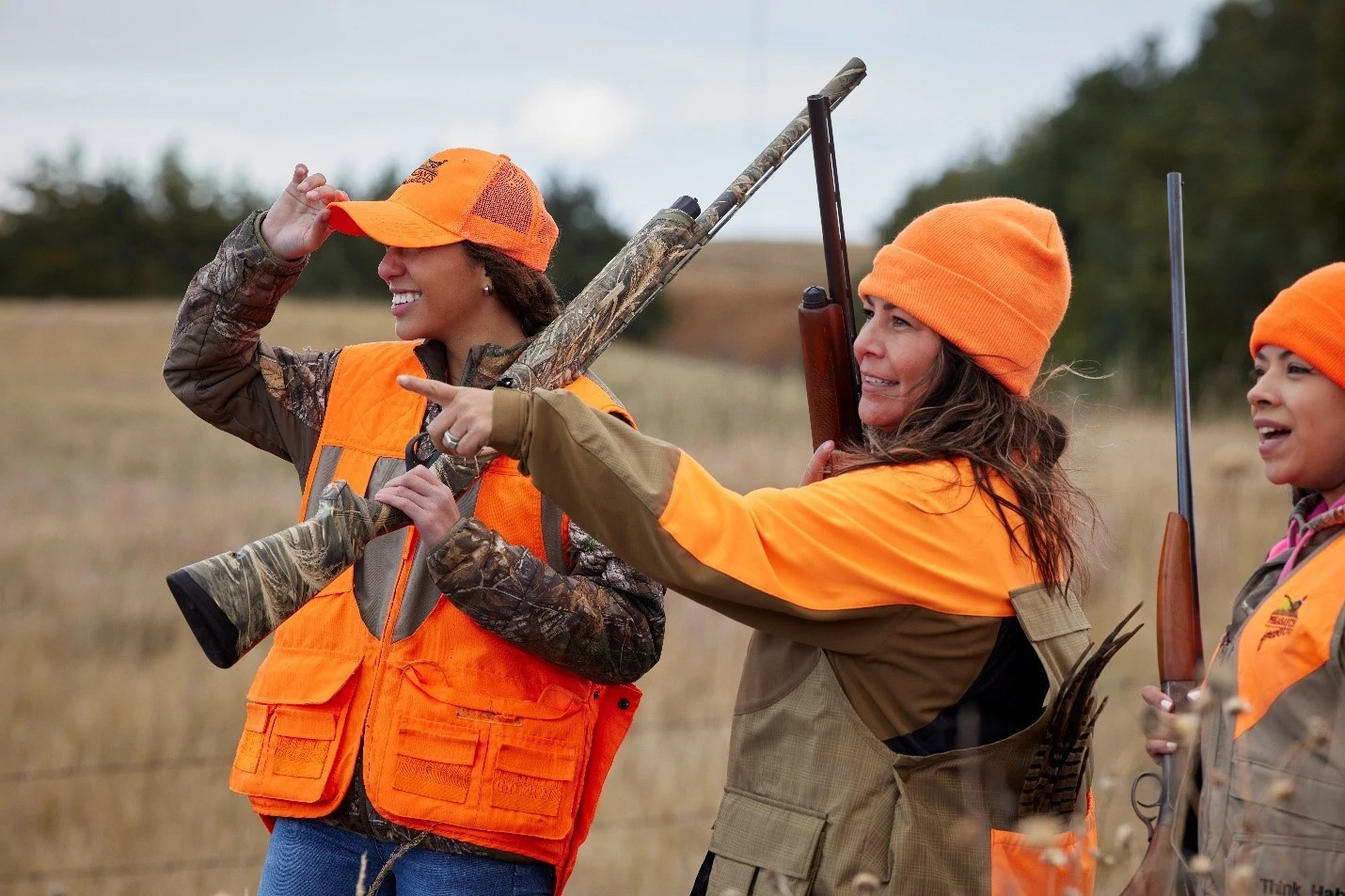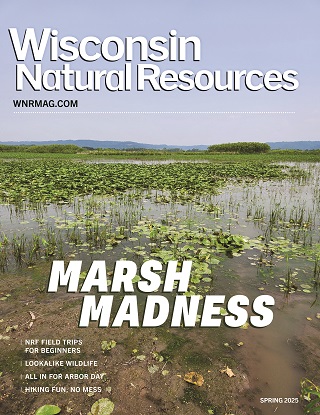Contact: Emily Iehl, DNR Hunting & Shooting Sports Program Specialist
emily.iehl@wisconsin.gov or 608-445-8168
DNR Seeking Hunting Mentors For New Hunters
 Mentored hunting is a one-on-one learning experience that can be a great way to help new hunters navigate hunting scenarios with the guidance of somebody with experience.
Photo credit: Wisconsin DNR
Mentored hunting is a one-on-one learning experience that can be a great way to help new hunters navigate hunting scenarios with the guidance of somebody with experience.
Photo credit: Wisconsin DNR
MADISON, Wis. – The Wisconsin Department of Natural Resources (DNR) is encouraging experienced hunters to share their skills and knowledge with novice hunters by becoming hunting mentors this fall.
Mentored hunting is a one-on-one learning experience that can be a great way to help new hunters navigate hunting scenarios with the guidance of somebody with experience.
“Not only do we see interest in learning to hunt from people of all different backgrounds, but many established hunters ask us how to mentor someone new,” said Emily Iehl, DNR Hunting & Shooting Sports Program Specialist. “Hunting involves skills that can be uncomfortable to teach and learn with someone you don’t know, such as navigating the woods at night, handling firearms and processing the emotions that come with harvesting an animal. Knowing that you are with somebody you can trust is important.”
The DNR offers a variety of opportunities to help facilitate mentored hunting for people of all ages and backgrounds:
Mentored Hunting Program
This one-on-one mentoring opportunity gives novice hunters a chance to try hunting without first completing a Hunter Safety course. No special steps are required to purchase a mentored hunting license – log in to GoWild to buy a hunting license and any necessary stamps. If the account does not have a valid Hunter Safety Certificate on record, the license will automatically print as “Mentored Only.”
Anyone hunting with a Mentored Only license must stay within arm's reach of a licensed hunter (mentor) over age 18, must have all required hunting approvals for the applicable season (license, permit, tag, etc.), and must comply with all other hunting laws, including season, bag limit and weapon regulations. Under the Mentored Hunting Law, mentors may have any valid, non-expired Wisconsin hunting approval, regardless of the type of game pursued by the mentee. Learn more here.
Learn To Hunt
Learn to Hunt programs combine four-plus hours of classroom and field instruction before a novice goes hunting one-on-one with a qualified mentor. Local organizations typically host Learn to Hunt programs for a group of novice participants, for whom they may request waivers for some hunting regulations to help facilitate mentorship and remove barriers to teaching and learning.
Learn to Hunt mentors must be at least 18 years old, have five years of hunting experience for the Learn to Hunt program species and complete the Mentor Background Check Authorization. Mentor background checks must be completed every five years.
To learn more about hosting a Learn to Hunt program or to sign up as a student, visit the Learn to Hunt webpage.
Youth Hunts
Special youth hunting weekends for wild turkey, white-tailed deer and waterfowl allow youngsters to hunt and gain valuable experience without competing against adults. These youth hunting events are open to residents and non-residents 15 years of age and younger.
All youth hunters must complete a Hunter Education Program or participate in the Mentored Hunting Program. Hunters must hold the required valid licenses, stamps and permits/harvest authorizations for the species they wish to pursue. An adult 18 years of age or older must accompany the youth hunter. An adult cannot accompany more than two youth hunters at one time.
For Youth Hunt rules and regulations, visit this DNR webpage.
Become An Instructor
Volunteer instructors are key to having successful education programs. Becoming a volunteer Hunter Education or Learn to Hunt instructor is a great way to help save lives, prevent injuries, meet people in your community and positively influence the attitudes and actions of other outdoor recreationists.
In these programs, students learn about safe gun handling, marksmanship, game care and the environment.
Volunteer Hunter Education Instructors must be at least 18 years old, graduate from the Hunter Safety student course in Wisconsin, be willing to devote the necessary time and effort to carry out program responsibilities and pass a background check. Learn more here.

